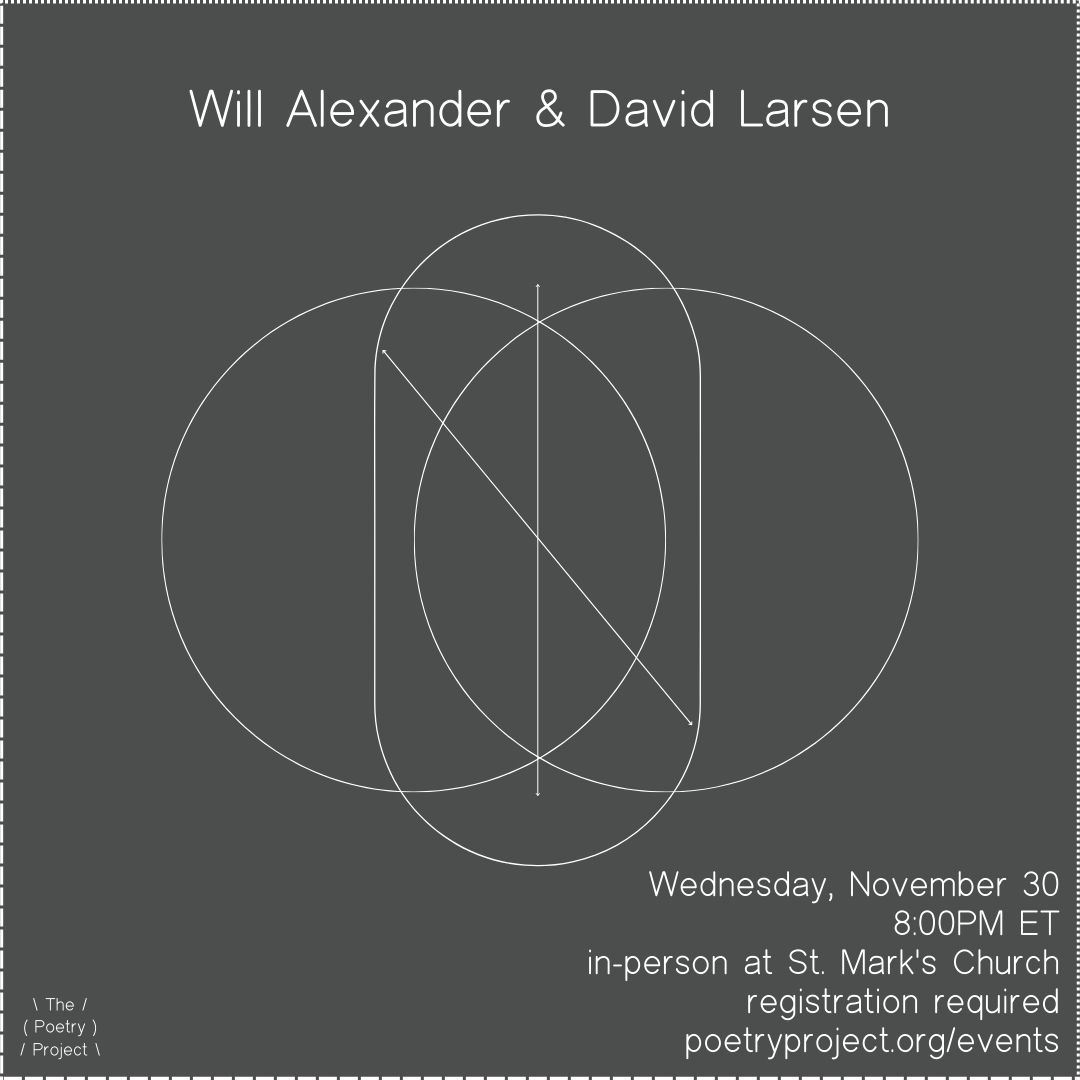Theodotus, bishop of Antioch, was in thrall to a party of wretched hypocrites (called periodeutae). On learning that the blessed Alexander had entered the city with a mob of monks singing psalms without pause, he gave orders for their abuse and expulsion with blows, and this warrant to injure the servants of God was carried out unsparingly as they were driven away. But the holy one saw through the Devil's trappings and, in the middle of the night, together with his brethren, he re-entered the city unseen, and found an old bathhouse in which to resume their continuous singing of hymns. [The acoustics were probably amazing.] Their audacity sparked the bishop's wrath, which he dared not take out on them again for fear of the people of his city. For the Antiochenes, having heard of Alexander's incredible feats and seen them for themselves, revered the blessed one as a prophet, wherefore they abandoned the church to attend to him and his wondrous teachings.
Finding that honor, glory, and the license to speak universally without restraint were now his, and that his preaching was enjoyed by all, and that they were ready to do anything he called them to, he saw it was time for action, and turned straightaway to caring for the city's poor. Here too, the holy one's majesty of soul is cause for wonder. Hounded from place to place, this man without possessions focused his zeal on the construction of a hospice. He gathered the city's wealthy before him, and lectured them as the divine presence dictated, and that is how the necessities of the hospice were furnished. Even with the bishop and the military commander, he was conspicuously unrestrained in his complaints about many things they had left undone. In short, he made himself the teacher and the trainer of all and sundry.
The Life of Alexander the Sleepless III.38-9








